If you grew up in the 1960s or ‘70s, it seemed like many of the songs on the radio were answering other songs on the radio.
Roger Miller sang, “King of the Road,” and Jody Miller answered it with “Queen of the House.”
Barry McGuire sang “Eve of Destruction,” only to be called out by a group named The Spokesmen with their "Dawn of Correction.”
Merle Haggard sang of the “Okie from Muskogee” and drew a prompt reply from The Youngbloods’ “Hippie from Olema.”
Big Names
Some famous songsmiths also penned answer songs. In 1966, for instance, Bob Dylan’s “4th Time Around” was a rather famous response to The Beatles’ “Norwegian Wood” of the previous year.
And Bob’s first hero, Woody Guthrie, is said to have written his greatest song, “This Land Is Your Land,” in 1940 as an answer to Irving Berlin’s “God Bless America.” (In fact, Woody originally called his composition "God Blessed America for Me.”)
In 1959, one of Carole King’s first songs was one she wrote as a reply to Annette Funicello’s “Tall Paul.” It contained a classic line, “You can keep Tall Paul / I'll take Short Mort."
Meat Loaf wrote “Two Out of Three Ain’t Bad” in 1977 as an answer to Elvis Presley’s 1956 hit “I Want You, I Need You, I Love You.”
And some artists even recorded answers to their own songs. In 1963, for instance, Lesley Gore released “It’s My Party,” followed by “Judy's Turn to Cry.” Both of the tunes appeared on Gore’s debut album I'll Cry If I Want To.
Country artists can get a bit edgy with their call and response. Loretta Lynn’s 1967 release of “Don’t Come Home a-Drinkin’ (With Lovin’ on Your Mind)” prompted a quick retort from Jay Lee Webb, called, "I Come Home A-Drinkin' (To a Worn-Out Wife Like You).”
And some answer songs turned into multi-player comic discourses. For instance, in 1972, The Last Poets’ "When the Revolution Comes” inspired Gil Scott-Heron to wax “The Revolution Will Not Be Televised,” which in turn led to Roy Clark’s recording “The Lawrence Welk-Hee Haw Counter-Revolution Polka.”
The Flood’s Fav
Meanwhile, in the Floodisphere, the best-loved answer song comes from a pair of tunes written more than a hundred years ago.
As we reported here earlier, W.C. Handy’s 1915 classic “Yellow Dog Blues” — a melodic mainstay that reaches from the glory days of Bessie Smith and Louis Armstrong all the way to today’s trad jazz standard bearers — was actually composed as an answer to Shelton Brooks’ wonderful 1913 composition called, “I Wonder Where My Easy Rider’s Gone.”
In recent back-to-back weekly rehearsals, The Flood has revisited both tunes. First came the Brooks original two weeks ago, then, last week, the guys turned to Handy’s dandy reply. In The Flood’s estimation, “Yellow Dog Blues” is the best of the pair. There are a lot of train songs out there, but none of them takes its riders quite as far as this one. Come along to where “the Southern cross the Yellow Dog!”
More, You Say?
Finally, if blues is your bag and you want to extend your Friday foray into Floodery, tune in the Blues Channel on the band’s free Radio Floodango music streaming service.




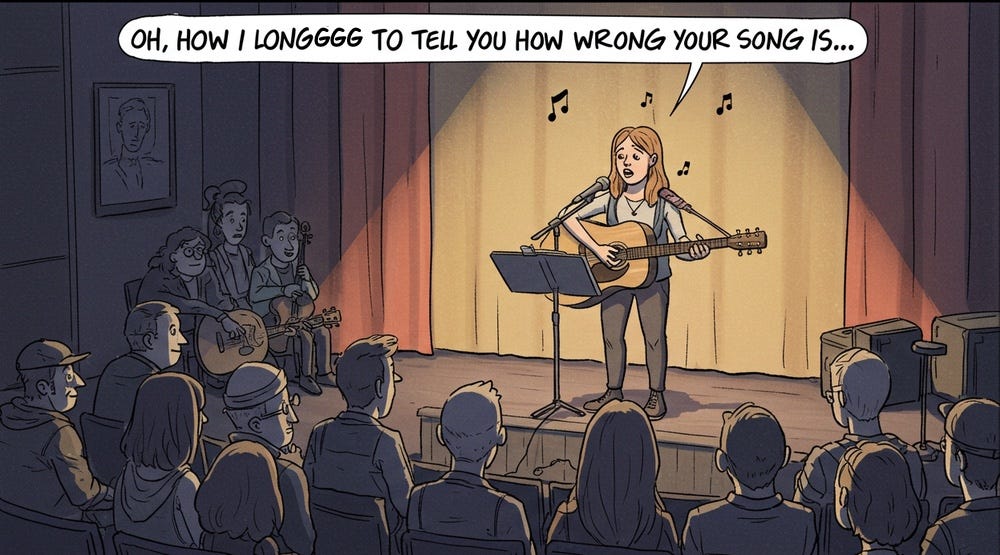

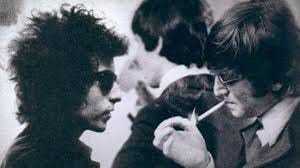
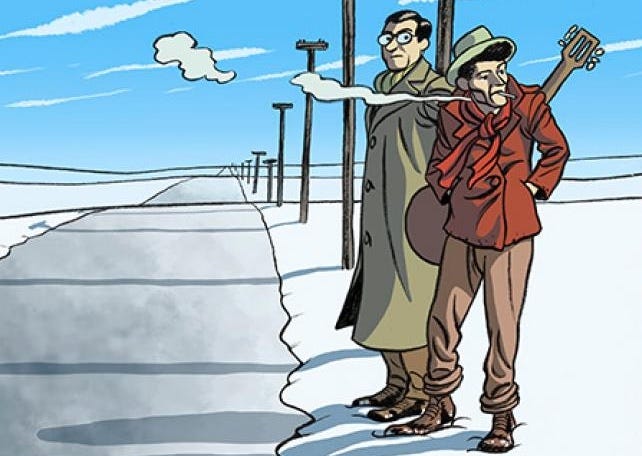
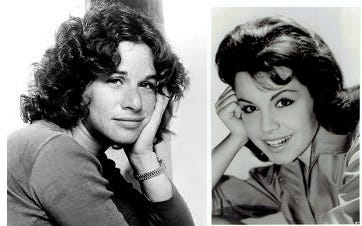

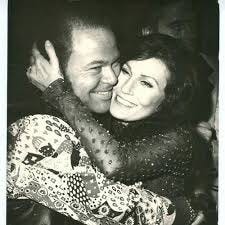
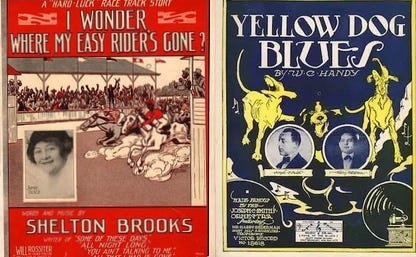
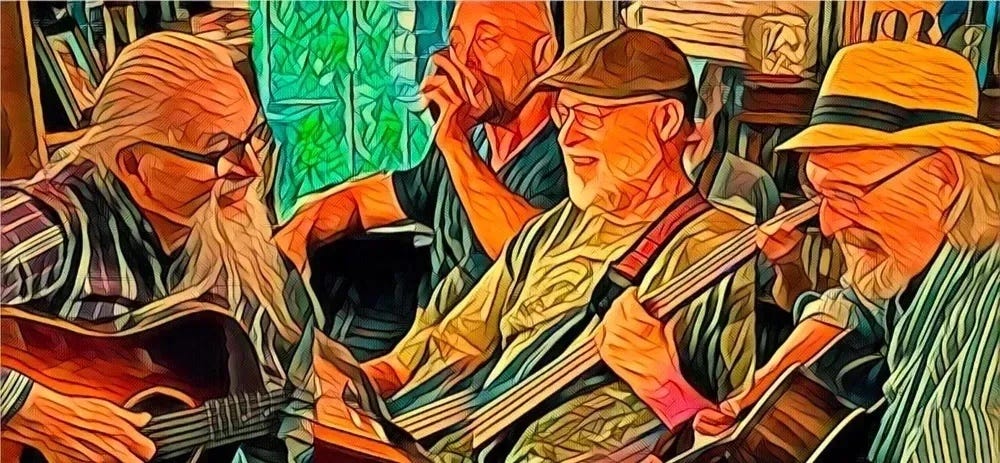








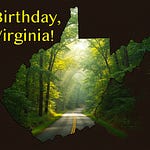
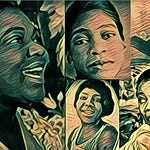
Share this post